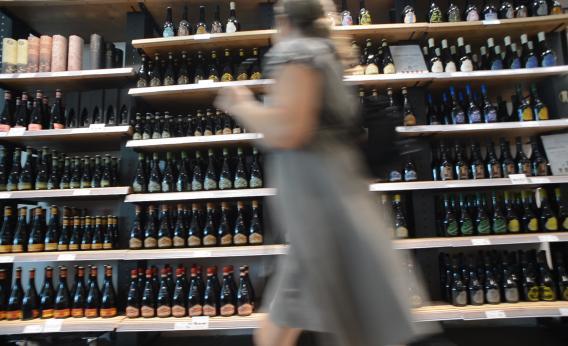If the Romney campaign is to be believed, it conducted less polling about the prospects of a Romney-Ryan ticket before Paul Ryan’s appointment than a company in Romney’s backyard has now done as part of a stunt statistical-modeling project, as the Boston Globe reports today:
Affinova Inc., a Waltham company that has repurposed algorithms devised for genetic research to address such consumer-product issues as how to design beer bottles and supermarket cereal aisles, claims that Mitt Romney may have missed an opportunity in not choosing a woman as a running mate.
Ditto for President Obama. If Hillary Clinton were to be his running mate, he’d have a good chance of connecting with swing voters, said Affinnova, which said it used its optimization software to sort through millions of combinations of vice presidents, platforms, slogans, and candidate images.
According to Affinnova’s analysis, former Secretary of State Condoleezza Rice would have made for an excellent Romney running mate.
Typically, Affinnova uses its technology to help such companies as Procter & Gamble, Unilever, and Post Foods launch products and conduct consumer research. Those same analytical methods found that strong political women appeal to this year’s swing voters. Affinnova partly reached this conclusion by getting feedback from 1,000 swing voters in early August, and then a few days later, measuring the potential for success of Romney-Rice and Obama-Clinton tickets with a nationally representative sample of 2,000 likely voters.
It is not at all clear from the story (or the company’s press release) what exactly the company did that was beyond standard polling, or why it needed “repurposed algorithms devised for genetic research” to ask people before and after the decision what they wanted to see in a vice-presidential candidate or which of two hypothetical tickets they preferred. But it’s hard for a PR firm to go wrong these days feeding an unskeptical media’s appetite for silly “Big Data” stories.
